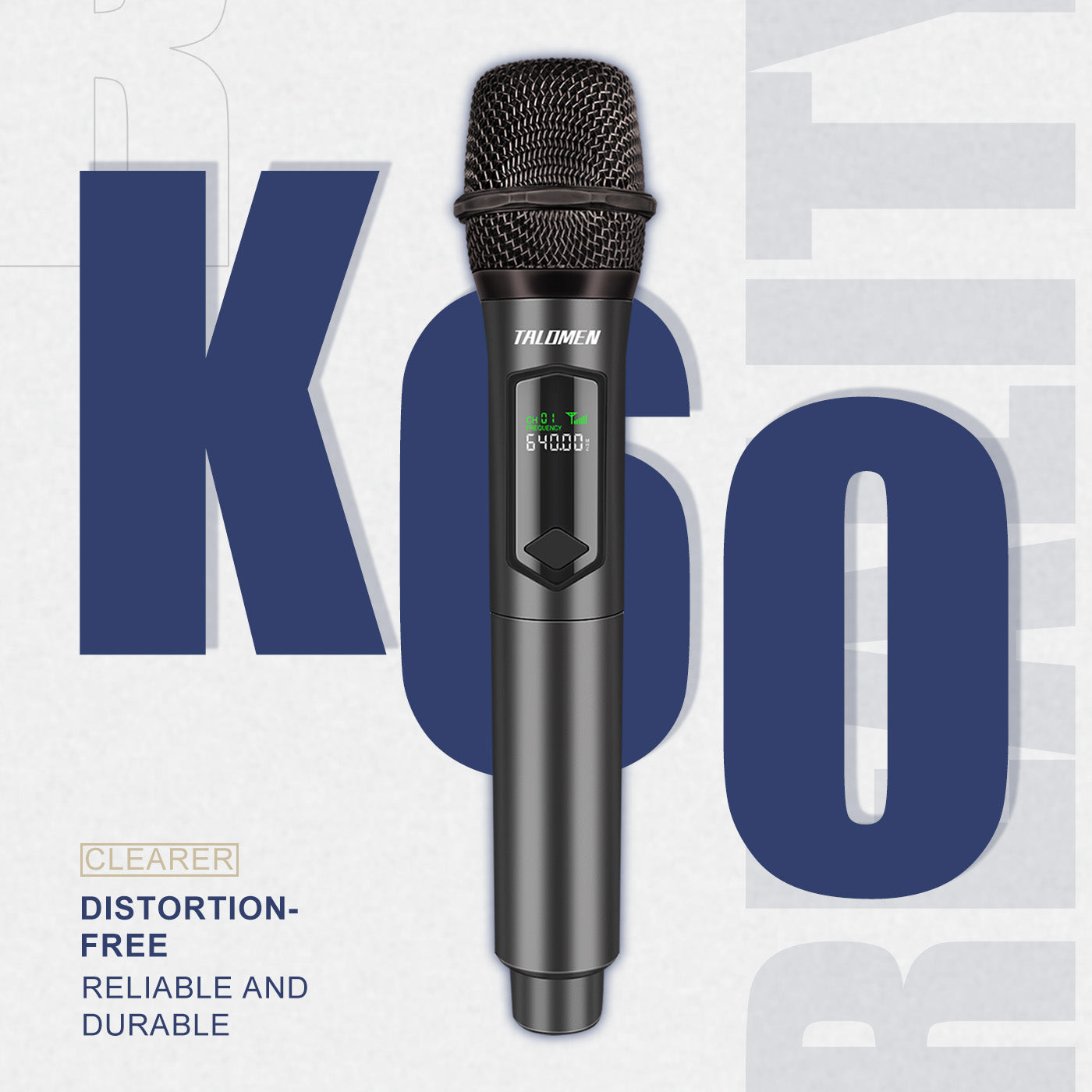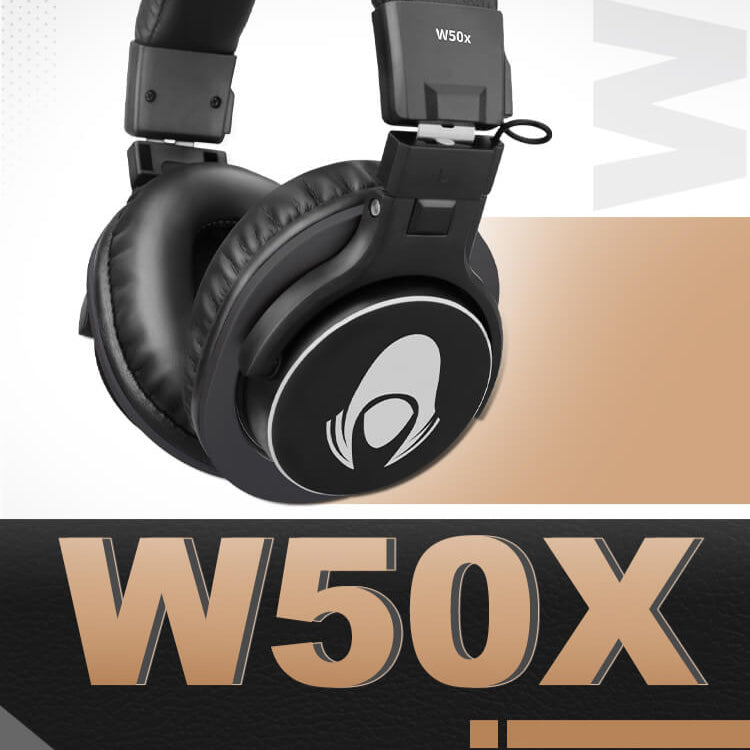Whether you're a content creator, music lover, public speaker, or simply enjoy karaoke at home, a wireless microphone can greatly enhance your audio experience. But with so many options on the market, how do you find the one that suits your needs?
In this guide, we’ll walk you through the 5 key factors to consider when choosing a wireless microphone — so you can make the right decision without wasting time or money.
1. Know Your Use Case
Before diving into specs, ask yourself: Where and how will I use the microphone?
Here are some common scenarios:
- Karaoke / Home Use: Look for simple plug-and-play mics that require no technical setup.
- Live Streaming / Video Recording: Go for microphones with clear audio, noise reduction, and low latency.
- Teaching / Public Speaking: Choose models with stable transmission and long battery life.
- Live Performances / Events: Opt for professional-grade UHF systems with multiple frequency options.
📌Tip: Your use case directly affects what features matter most — so identify your primary needs first.
2. Check Connection Type & Signal Stability
Wireless microphones typically use either UHF (Ultra High Frequency) or 2.4GHz digital transmission:
- UHF: Offers stronger signals and better resistance to interference; ideal for larger spaces or outdoor environments.
- 2.4GHz: Easier to set up, no license needed, great for home or small studios.
Look for features like:
- Automatic channel selection
- Dual antenna reception
- Anti-interference protection
➡️ Pro tip: If you’ll be using your mic in signal-heavy environments (like live events or conferences), UHF is generally the safer bet.
3. Don’t Compromise on Sound Quality
Your microphone's audio performance is crucial — even more so in wireless models.
When evaluating sound quality, consider:
- Frequency response range (wider = more natural sound)
- Microphone sensitivity
- Noise reduction or built-in DSP processing
🎧 For example, the Talomen K60 Wireless Microphone is equipped with a high-sensitivity dynamic capsule and smart noise reduction chip, ensuring clear, rich vocals whether you're singing or speaking.
4. Choose Ease of Use and Compatibility
A good wireless microphone should be easy to set up and compatible with your existing gear.
Look for:
- Plug-and-play design (no drivers or apps required)
- Compatibility with smartphones, speakers, laptops, cameras, or PA systems
- Long battery life (at least 10 hours per session)
- Clear battery indicators and quick charging options
If you’re on the move or setting up in different locations, lightweight and compact design can also be a big plus.
5. Balance Price and Value
Wireless microphones can range from $30 to $300+. So how do you get the best bang for your buck?
Here’s what to look for:
- Trusted brands with solid customer support
- User reviews that reflect real-world performance
- Warranty / return policy for added peace of mind
If you’re looking for a budget-friendly option that doesn’t sacrifice quality, the Talomen K60 offers excellent value — combining high-fidelity sound, stable transmission, and effortless usability.
Final Thoughts: The Right Mic Makes All the Difference
Choosing the right wireless microphone isn’t just about specs — it’s about matching the product to your purpose.
Whether you’re performing on stage, teaching in a classroom, or just having fun with friends, the right mic will help your voice shine with confidence and clarity.
🎤 Ready to find your perfect microphone?
👉 Explore the Talomen K60 Wireless Microphone now




![How to Learn Singing for Beginners? [Step-by-Step Guide to Start Singing with Confidence]](http://talomen.com/cdn/shop/articles/a-very-confident-girl-is-singing-with-a-handheld-microphone-in-a-home-environment-the-horizontal-talomen-brand-words-can-be-vaguely-seen-under-the-microphone-mesh-head_1d7d4d48-2365-4_c2a6634b-ac28-4990-943e-614da91c7082.png?v=1754470966&width=1536)
اترك تعليقًا
This site is protected by hCaptcha and the hCaptcha Privacy Policy and Terms of Service apply.